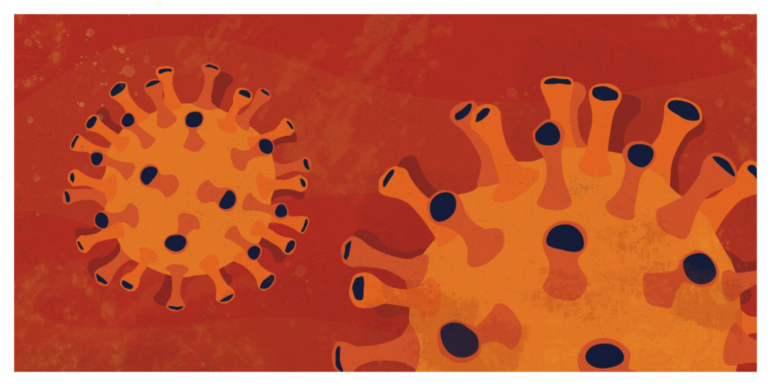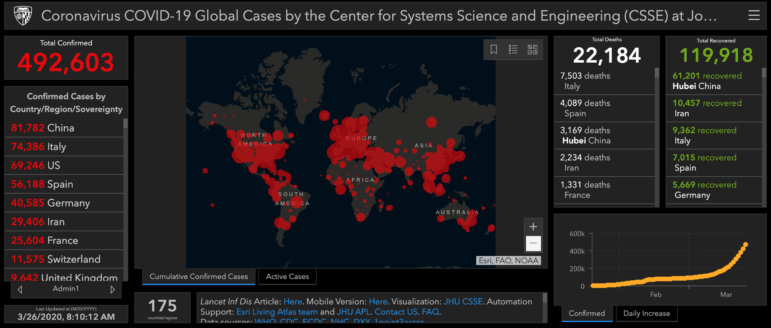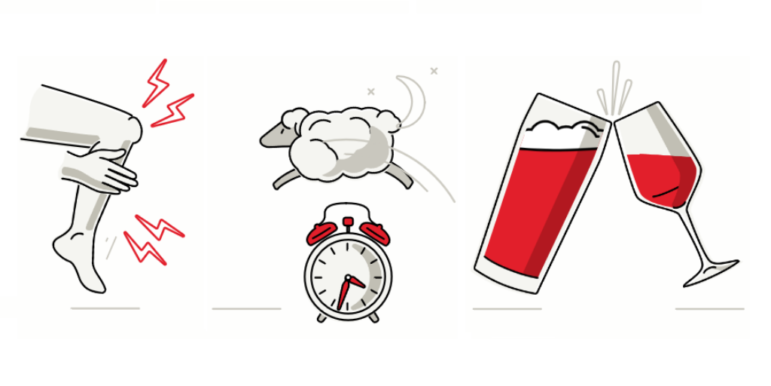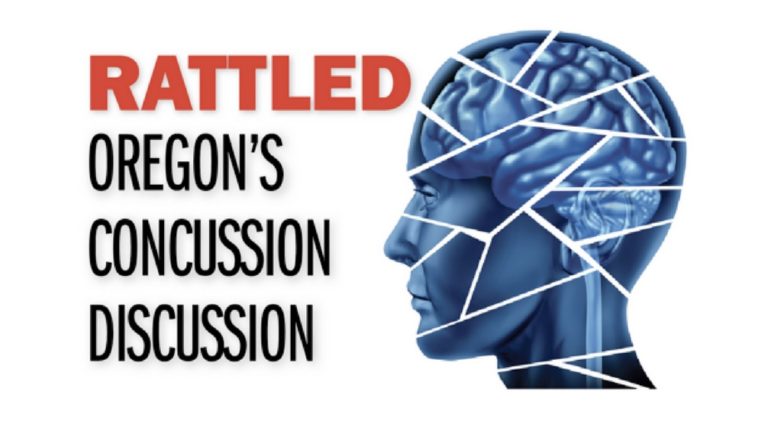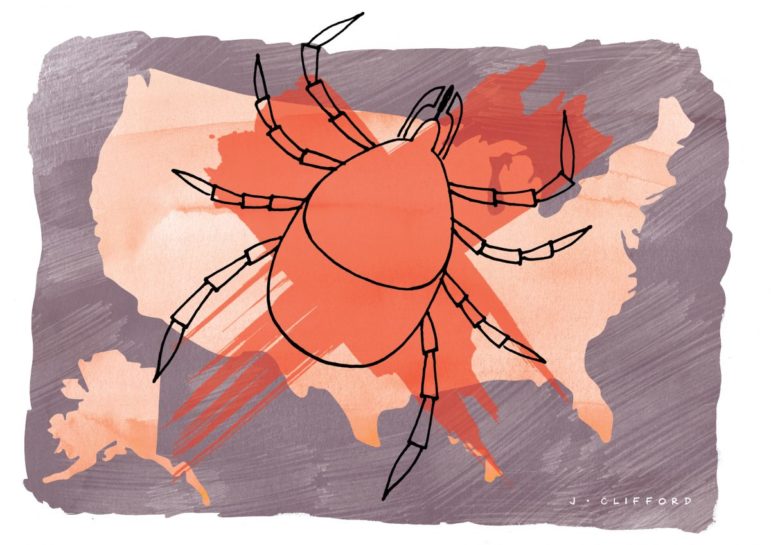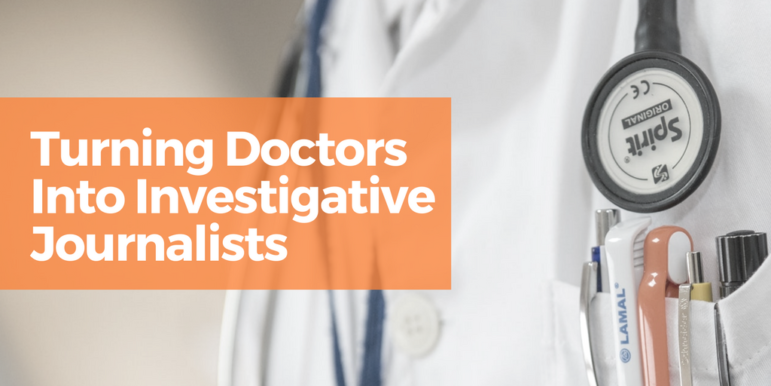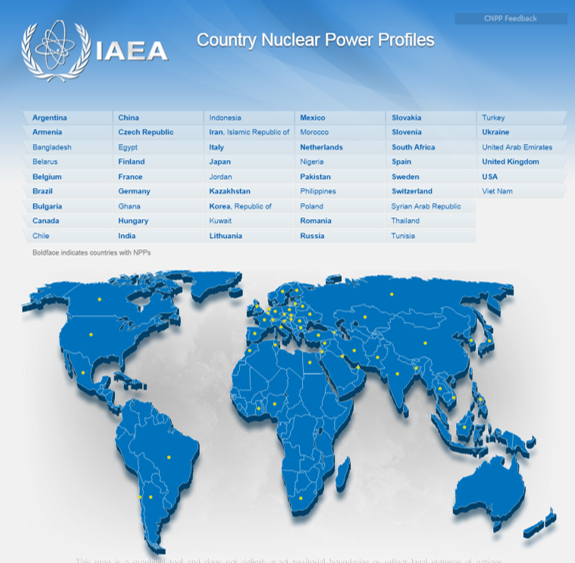Database Resource
Updated Resources on Health and Medicine
This database is maintained by the Global Investigative Journalism Network (GIJN) and is one of many resources available at our Resource Center. Scroll cursor left and right to see entire table.


